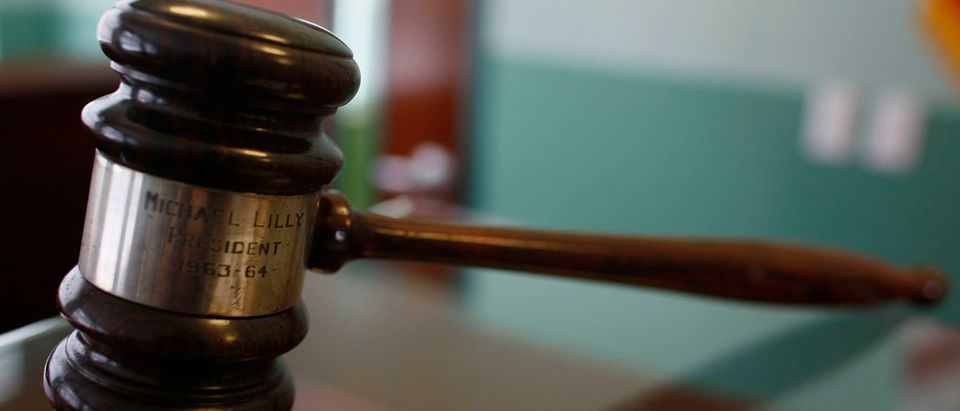U.S. District Judge Christopher Conner ruled Wednesday that two Pennsylvania judges were liable for $106 million in compensatory damages and $100 million in punitive damages to 300 people after orchestrating a “kids-for-cash” scheme.
The ruling regards former Luzerne County Judges Mark Ciavarella and Michael Conahan, who sent young children to a for-profit jail in exchange for $2.8 million in payments from the owner of the penitentiaries, while shutting down a county-run juvenile detention center, according to The Associated Press (AP).
Pennsylvania’s “kids for cash” judges, who orchestrated a scheme to send children to for-profit jails in exchange for kickbacks, have been ordered to pay more than $200 million to hundreds who fell victim to their crimes. https://t.co/yTjWKmCijp
— Michael Rubinkam (@michaelrubinkam) August 17, 2022
“Ciavarella and Conahan abandoned their oath and breached the public trust,” Judge Conner wrote in his judgement, according to AP. “Their cruel and despicable actions victimized a vulnerable population of young people, many of whom were suffering from emotional issues and mental health concerns.” (RELATED: Scandal-Plagued GOP Candidate Plummets In Key Senate Primary)
Ciavarella sent children as young as eight-years-old to jail for crimes such as petty theft, often not even allowing them to say goodbye to their families, according to AP. The judge was previously convicted in 2011 and sentenced to 28 years in jail for taking $1 million in kickbacks from the builders of for-profit jails, the outlet reported.
Conahan was sentenced to 17 years in prison and was released to home confinement 11 years into his sentence due to the COVID-19 pandemic, AP reported. When the scheme was uncovered, the Pennsylvania Supreme Court threw out nearly all the juvenile delinquency cases heard by Ciavarella, according to ABC News.
In what came to be known as the kids-for-cash scandal, judges Mark Ciavarella and Michael Conahan shut down a county-run juvenile detention center and accepted $2.8 million in illegal payments from the builder and co-owner of two for-profit lockups. https://t.co/0YpRpozJNq
— CBS News (@CBSNews) August 17, 2022
Marsha Levick, chief legal officer at the Juvenile Law Center, told AP that ruling was a “huge victory.”
“To have an order from a federal court that recognizes the gravity of what the judges did to these children in the midst of some of the most critical years of their childhood and development matters enormously, whether or not the money gets paid,” Levick told the outlet.


